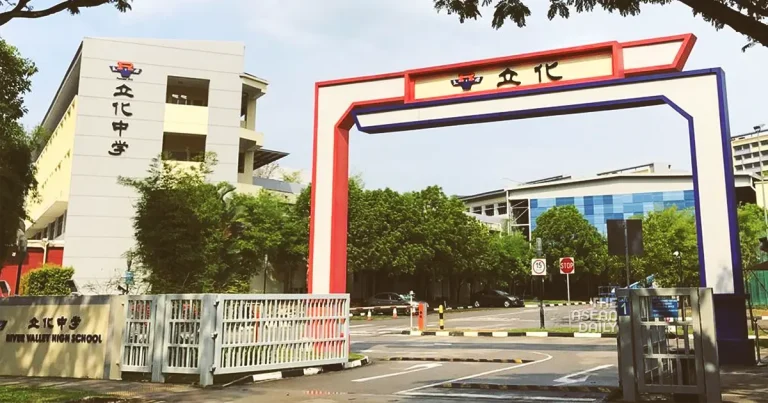1-7-2024 (SINGAPORE) In a case that has sent shockwaves through the nation, the teenager who brutally killed his 13-year-old schoolmate, Ethan Hun, with an axe at River Valley High School is appealing against his 16-year sentence, seeking a reduction to eight to 10 years. The harrowing incident, which occurred when the perpetrator was just 16 years old, has ignited a complex legal battle surrounding the weight of mental illness and remorse in sentencing.
The teenager, whose identity remains protected under the Children and Young Persons Act, had pleaded guilty to a charge of culpable homicide not amounting to murder and was sentenced on December 1, 2023. However, his legal team, comprising Sunil Sudheesan and Joyce Khoo from the esteemed law firm Quahe Woo & Palmer, has mounted an appeal, arguing that the initial sentence was “manifestly excessive.”
In a compelling defense, Sudheesan contended that his client had been grappling with the “depths of depression” at the time of the offense, leading him to devise an “irrational solution” – to attack someone and subsequently be killed by the police, as he felt unable to take his own life. While acknowledging his client’s awareness of the wrongfulness of his actions, Sudheesan maintained that it was the crippling effects of depression that drove him to formulate such a plan.
The prosecution, however, countered by highlighting the teenager’s conscious decision to watch disturbing “snuff videos” depicting actual scenes of human death, a decision made when his rationality was unimpaired. They argued that the teenager’s refusal to seek help for his depression and his deliberate exposure to such material demonstrated a significant level of responsibility for his actions.
In a poignant exchange, Sudheesan responded by likening depression to an uncontrollable force, asserting that it cannot be turned on or off like a “tap.” He emphasized that even the most resilient individuals can succumb to its debilitating effects and that, in the case of his client, he had simply coped poorly.
Adding complexity to the case, Chief Justice Sundaresh Menon expressed skepticism over the defense’s narrative, noting that the statement of facts to which the teenager pleaded guilty did not align with the appeal’s portrayal of him seeking confrontation with law enforcement. The statement described a premeditated act, with the teenager lying in wait for his victim in a toilet, armed with an axe, and preventing others from entering before committing the heinous crime against a stranger.
Sudheesan maintained his client’s remorse and acknowledged the irreparable harm inflicted upon Hun’s family, describing the victim as “collateral damage” who was tragically “at the wrong place at the wrong time.” However, Chief Justice Menon questioned the mitigating nature of the teenager’s mental illness, further complicating the legal quagmire.




